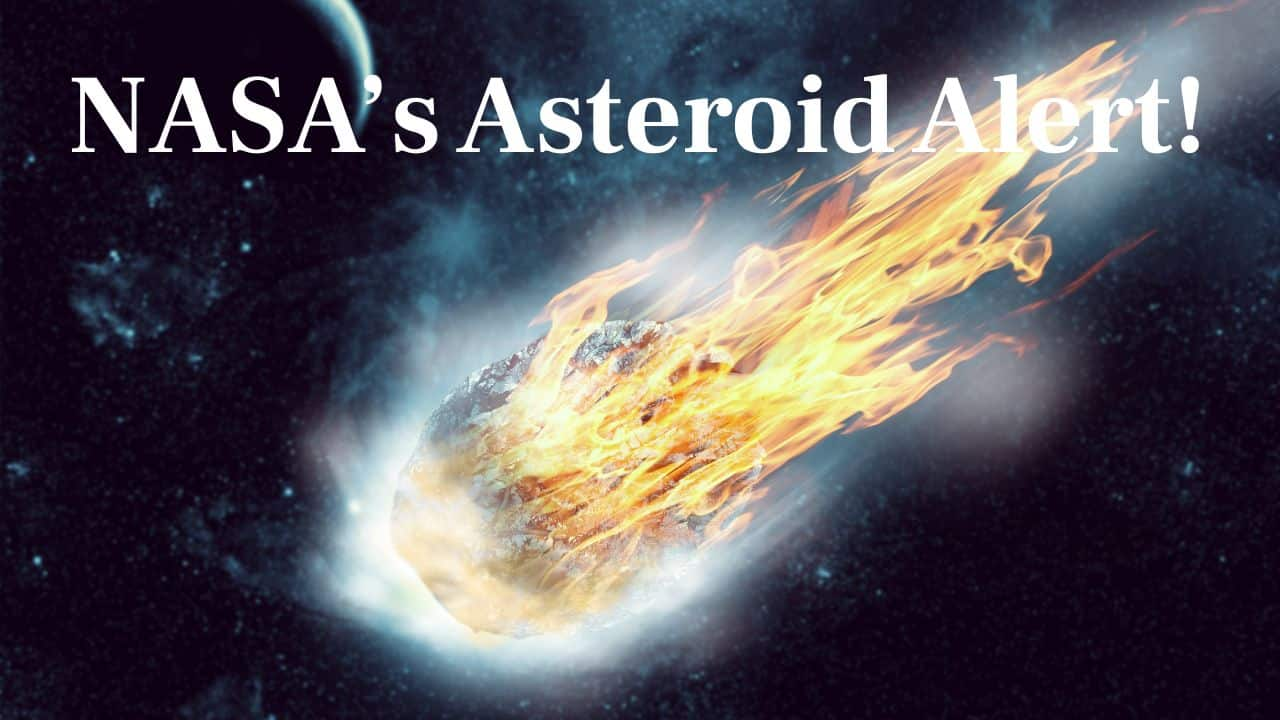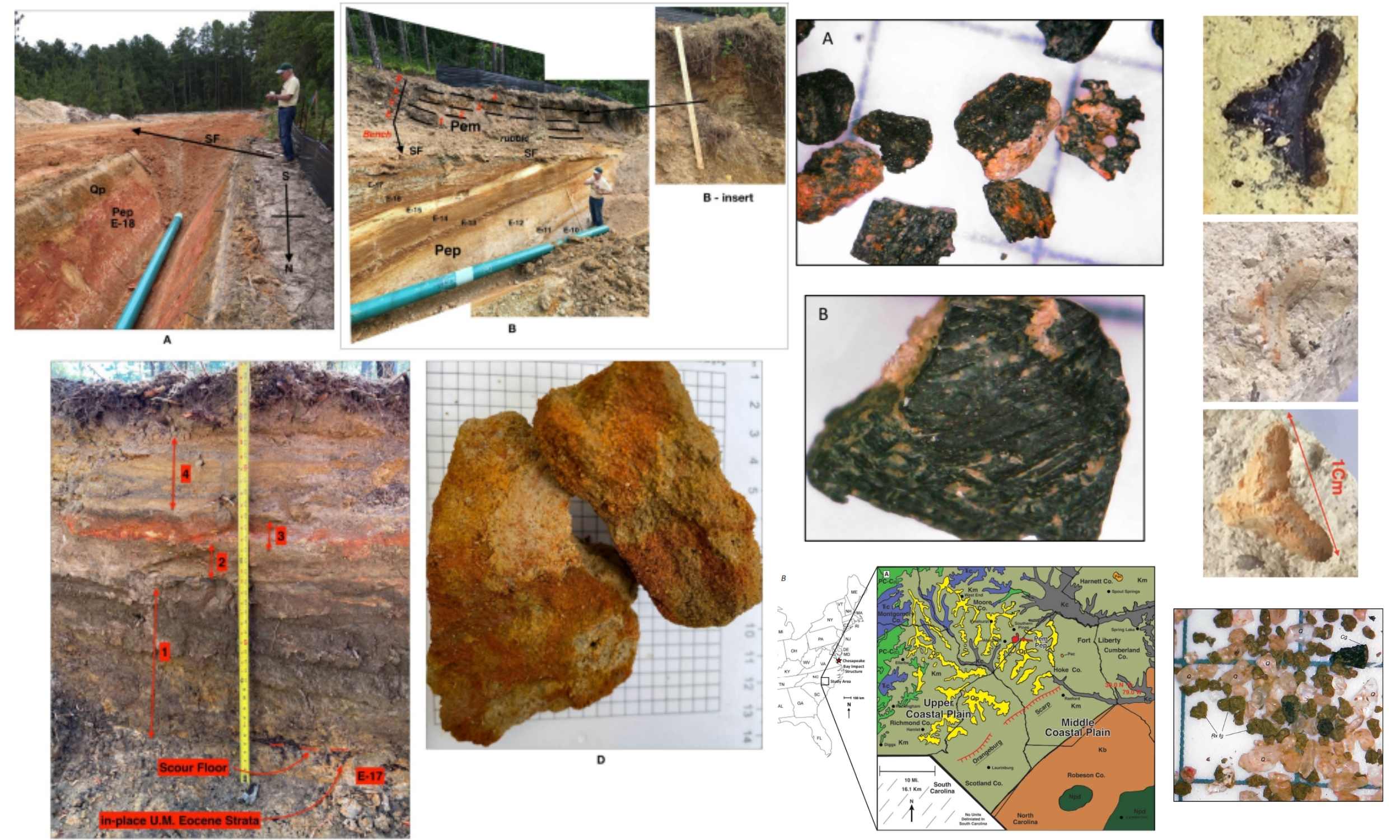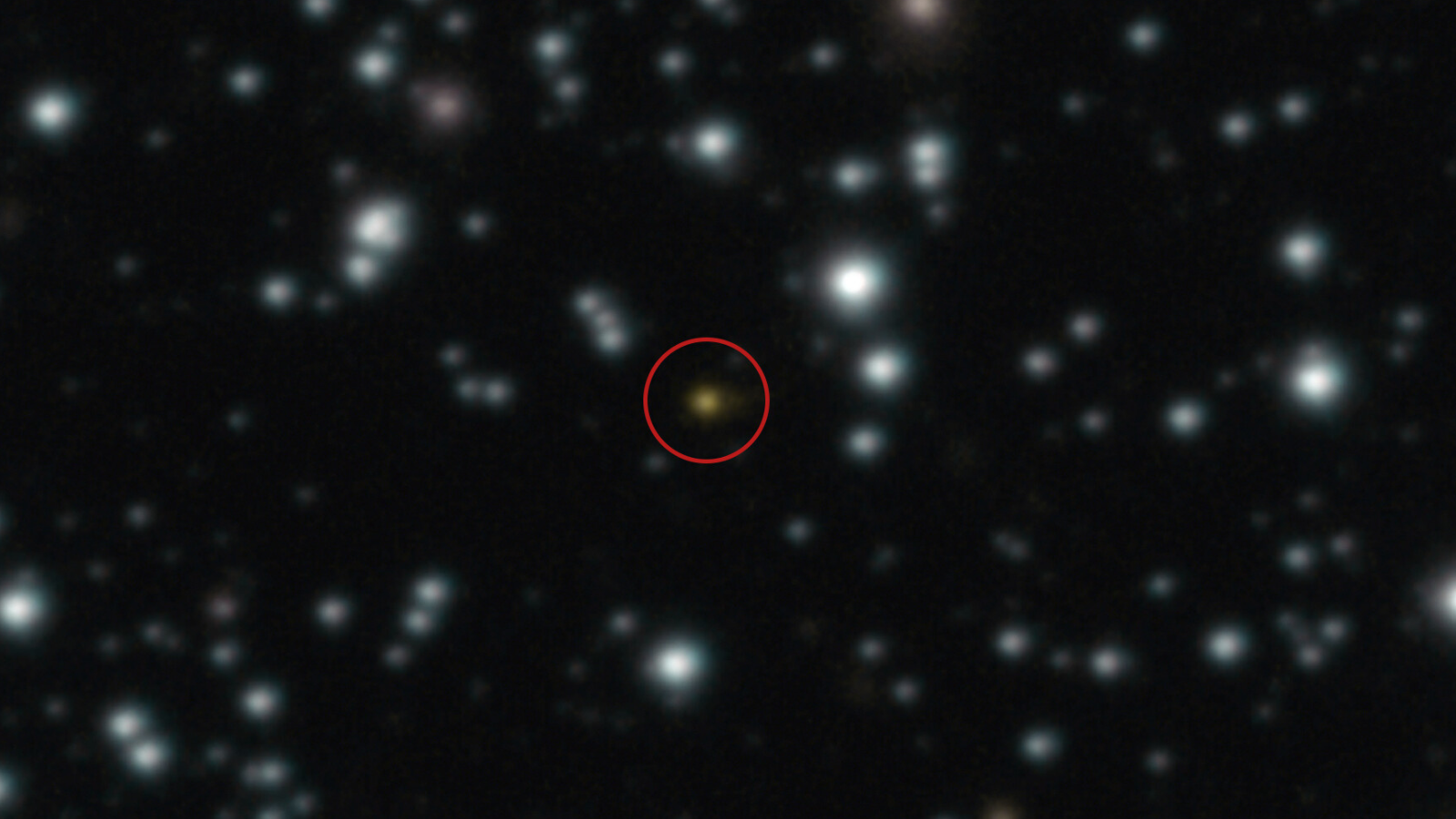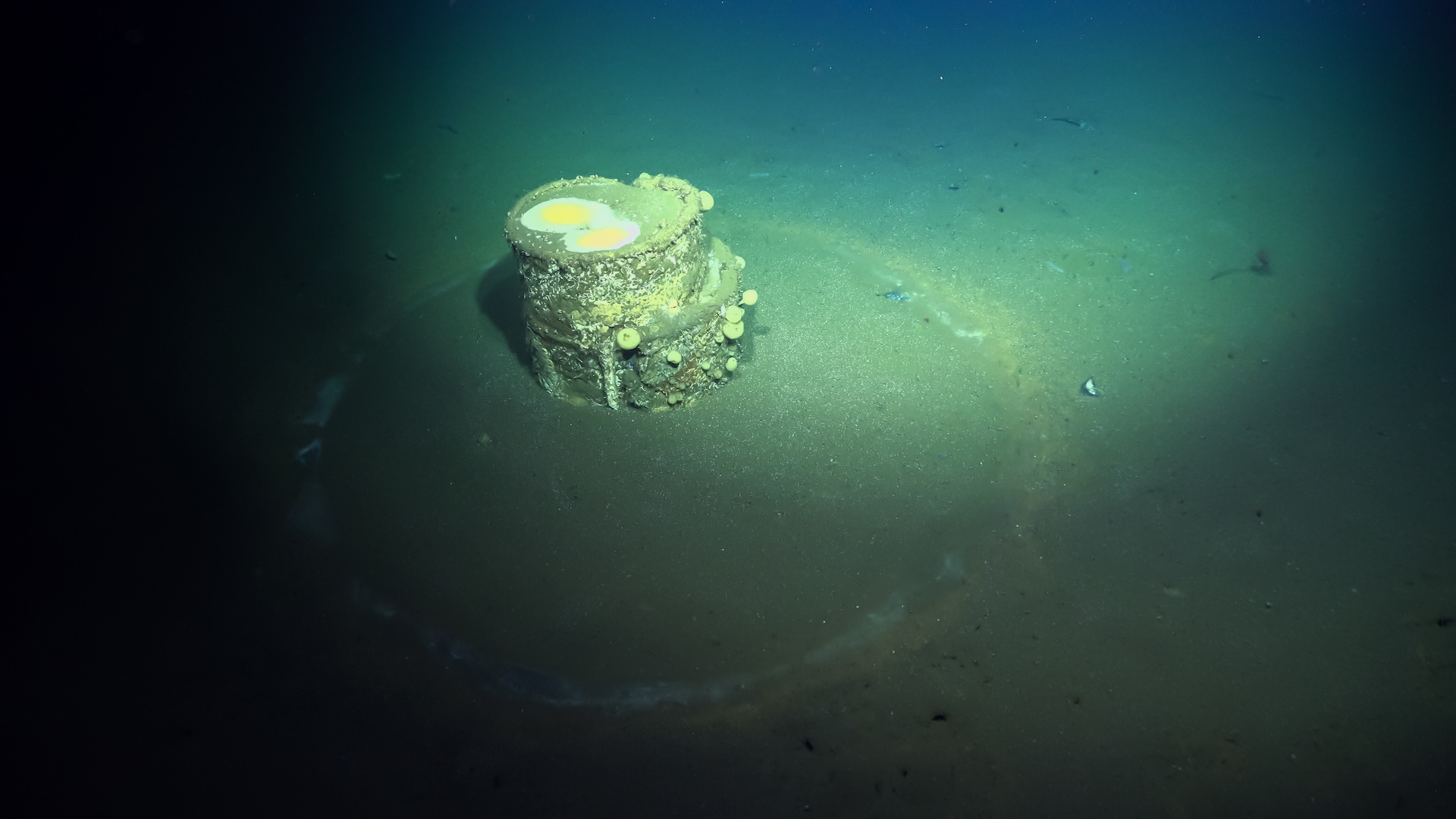Spectacular Fireball Meteor Streaks Across the Night Sky in China, Sparks Public Intrigue
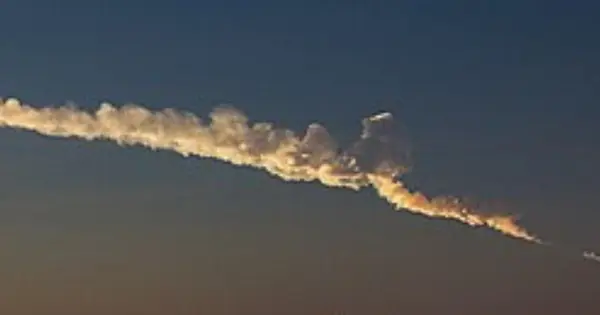
On Wednesday night, residents across China were treated to a breathtaking celestial display as a fireball meteor blazed through the sky, drawing widespread attention and sparking curiosity among onlookers. The event, which occurred at 9:33 PM local time, was accompanied by a loud noise that echoed through the streets, leading many to speculate whether an asteroid had made contact with Earth.
The China News Service reported that the fireball meteor was seen prominently in Maoming, located in Guangdong Province, and was also visible in neighboring Hainan Province. Eyewitness accounts described the meteor as extraordinarily bright, illuminating the night sky with a brilliance that transformed darkness into daylight for brief moments.
Chinese observatory officials have since confirmed that this awe-inspiring phenomenon was indeed a fireball meteor, scientifically referred to as a bolide. Unlike regular meteors, which typically burn up upon entering the Earth's atmosphere, bolides are significantly brighter and create dramatic visual displays. The meteor left behind a striking multicolored trail that transitioned from a vivid orange-yellow to a captivating blue-green, leaving residents in stunned silence.
Social media platforms exploded with posts from residents of Maoming who expressed a mix of shock and wonderment at this unexpected cosmic visitor. Despite the mysterious nature of the event, it is reassuring to note that there were no reported injuries resulting from the meteor's passage. Experts have analyzed the trajectory of the fireball, indicating that it entered from the northeast and traveled southwest.
As for the ultimate fate of the fireball meteor, speculation continues. Some reports suggest that it may have landed in the South China Sea, though precise details remain unconfirmed. It is worth noting that while meteoroids regularly enter Earth’s atmosphere, not all produce such spectacular displays. Most meteoroids burn up in the upper atmosphere, disappearing without a trace. However, fireball meteors like this one experience intense friction as they descend, resulting in a rapid increase in temperature that creates a brilliant flash of light and often results in a loud sonic boom.
Bolides are not restricted to meteors alone; they are also associated with comets and asteroids. As these celestial objects hurtle through the atmosphere, the resulting heat and pressure can lead to explosive events. Historical references to cosmic explosions remind us of the potential dangers posed by such phenomena. The Tunguska event in 1908 serves as a stark example. An immense asteroid or comet entered Earth’s atmosphere over Siberia, generating a bright fireball and a shockwave that flattened an area of approximately 2,150 square kilometers, devastating over 80 million trees. This explosion was estimated to be 1,000 times more powerful than the atomic bomb dropped on Hiroshima.



















